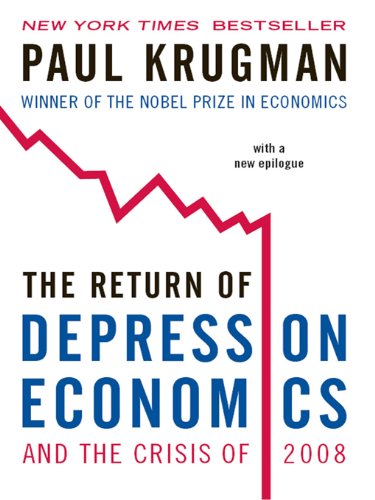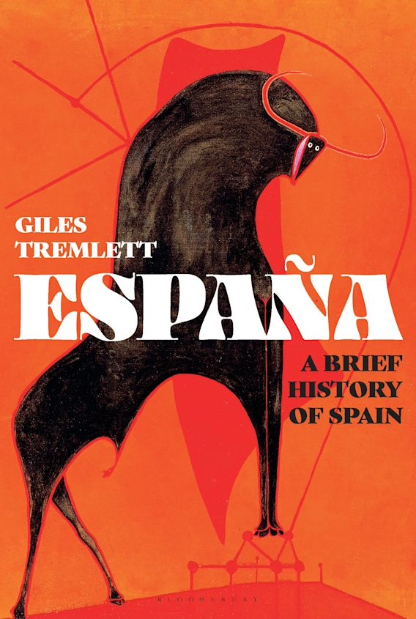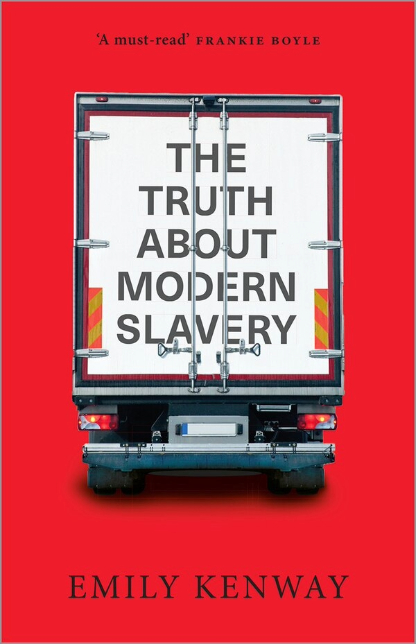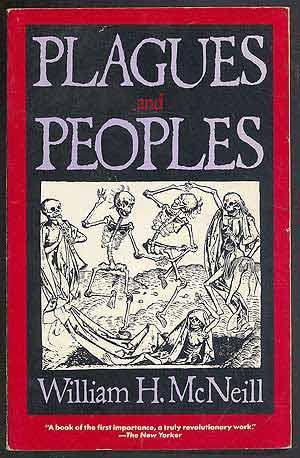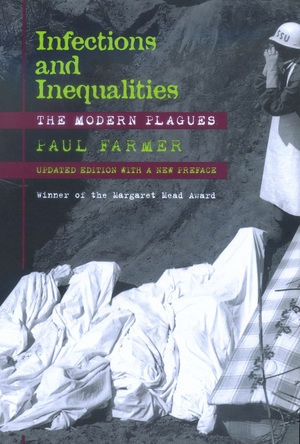Keywords: the New Language of Capitalism, John Patrick Leary, Haymarket Books, 2019, pp. 206, ISBN 978-1-60846-962-8
Valentin Nikolaevich Voloshinov, a Soviet literary theorist, published his influential book Marxism and the Philosophy of Language in 1929, in which he maintained that the word is an ideological sign par excellence. A sign which is not merely a reflection, but a constitutive part of the reality and is materially represented, whether in a particular object or in the relationships that structure the society. Functioning as the medium of consciousness that binds societies together, the word, therefore, performs an ideological function and, as such, reflects societal antagonisms, in which it is also grounded. For Voloshinov, the word is the fundamental object of the study of ideologies.
Following in Voloshinov’s footsteps, Raymond Williams’ 1976 book Keywords sought to uncover different layers of meaning embodied in seemingly innocuous words such as ‘culture’, ‘nature’, or ‘personality.’ Williams thought of his keywords as ‘binding’, in that they represented a specific form of activity and their interpretation associated with a specific form of thought, “inherited within precise historical and social conditions”. Williams, therefore, sought to capture their meaning as it related to a particular epoch of social and economic development.
Continuing in Voloshinov’s and Williams’ footsteps, John Patrick Leary’s Keywords applies their method of critical historical semantics to capture the language of late capitalism or an era that has seen “a prodigious expansion of capital into hitherto uncommodified areas.” In uncovering the meaning of contemporary words, Leary seeks to spell out how they represent the interests of the dominant class. His set of ubiquitous terms is drawn from the definitions used in the Oxford English Dictionary, Google’s n-gram database, which charts the frequency of word usage across time, as well as the popular financial press such as Forbes and the Harvard Business Review.
The ideological power of these words is evident in their ostensible timelessness. By appearing as universal across space and time, they condense the present into the perpetual now and narrow the horizons of the possible. In a way, they have the power to stymie change and close off alternatives forms of organizing societies. Or, as Leary says, they “manacle our imagination.” Their adoption in the vernacular of the working class carries with it the ideological acceptance of their meaning. By critically examining the words, we strip them of their ideological power, and become aware of the reality they seek to promulgate.
Leary divides the roughly 45 words he examines in short essays into four broad and overlapping categories that centre on the body, morality, aesthetics and the possibilities of technology. While each word appears as depoliticized, Leary uncovers its precise place within the matrix of capitalist development and how it is used to justify a particular goal of the system. For example, the words ‘nimble’ and ‘flexible’ – which imagine the workplace as a body, albeit necessarily a healthy and productive one – are used to justify downsizing and lay-offs and induce labour discipline. Fewer employees are required to perform the tasks previously performed by their fired colleagues. In short, it is used to maximize productivity and minimize labour costs.
Other words that center on morality are rooted in religion and are the product of the transformation in the religious outlook of the society. While ‘creativity’ used to be ground in the Christian belief in the divine genesis of the universe, it is now an integral part of capitalism and stands for the creation of new markets, which represent a commodified form of relations in a given society, rather than something akin to the Creation. Rather than arising out of nothing, capitalist creativity is merely the extension of the market into spaces previously off its limits. ‘Passion’ used to indicate “senses relating to physical suffering and pain,” particularly that of Jesus Christ, but its present-day secular form is its opposite. The mantra parroted by the privileged to be passionate about your work compels the worker to identify with the job they are performing. ‘Passion’ thus disguises the structural obstacles that prevent meaningful, enjoyable and well-paid employment. Moreover, it individualizes the worker and strips the workplace of its class character, thereby restructuring how labour perceives itself. Obstacles faced in the workplace are not to be resolved by union organizing, but by individual perseverance.
Words Leary identifies as the keywords of capitalism also serve to pacify the workers. As the direct consequence of capitalism’s embrace of dissent and heterodoxy, words such as ‘disruption’ have been transformed to further the goals of capitalism. While it used to mean a rebellion against the established order, ‘disruption’ now refers to a product or a service with whom the incumbent is not able to compete. ‘Disruption’ is mere ‘innovation,’ devoid of its connotations of social change.
Leary’s book is optimistic, despite its veneer of negativity inherent in the everyday vocabulary we use. He shows that words are contingent on historical epochs defined by the development of a particular mode of production and that, as such, are subject to further change. Unfortunately, Leary does not offer ways to combat the capitalist vocabulary with the one that would seek to negate it. It is unclear if such a project would be feasible in the first place given that language is necessarily self-referential. Can we then describe something that is yet to be?
